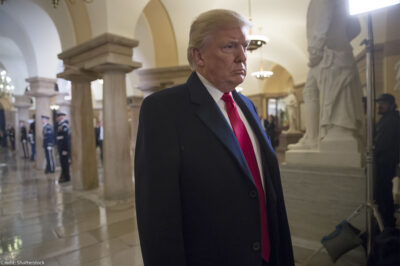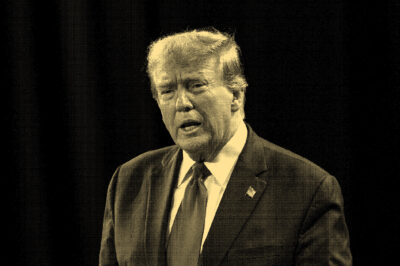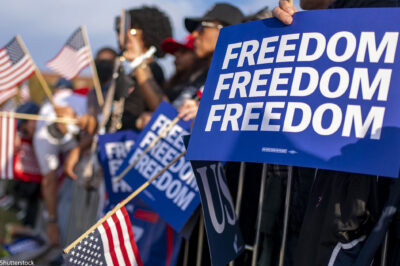Which Is More Important to Amend the Patriot Act? Punishing the Smuggling of Chewing Tobacco or Improving Train Security and Protecting Civil Liberties? House Committee Says Snuff!
Late last night, the House Rules Committee in party-line votes ruled against allowing several very important amendments to the Patriot Act, such as a rail security amendment, but allowed an amendment on smuggling chewing tobacco! Last week, the House Judiciary Committee approved a seriously flawed bill that makes all but two of of the controversial expiring provisions of the Patriot Act permanent. It also puts an excessively long ten-year sunset on those two provisions and includes only minimal changes that the Justice Department has already conceded but that do not reform the excessive reach of these powers into the medical, library, financial and other records of ordinary, law abiding Americans.In a disappointing development last night, the House Rules Committee rejected allowing a fair, up-or-down vote on series of amendments that would correct these flaws based on no apparent principle other than the fact that these amendments likely have majority support if allowed a vote in the House of Representatives.Amendments on which NO up-or-down vote will be allowed on Thursday would have:
1) required individual suspicion before federal law enforcement could secretly obtain medical, financial, library or other records, offered by Reps. Harman and Berman;2) exempted library and bookstore records from secret Patriot Act records powers, offered by Rep. Sanders (and previously approved by the House last month as a restriction on Justice Department spending);3) expanded the new sunset clause to include all expiring provisions, offered by Rep. Ruppersberger;4) extended the so-called "lone wolf" surveillance power as part of the new sunset period, rather than make this power permanent, offered by Rep. Hastings;5) allowed citizens to challenge secrecy orders in requests for Americans' personal records, offered by Rep. Nadler; and6) reformed roving wiretaps for foreign intelligence to contain the same privacy safeguards as roving wiretaps in criminal cases, offered by Rep. Harman.
These six amendments reflect some of the principal objections that civil libertarians have made to the Patriot Act over the course of the last four years.Denying a fair vote on these amendments is an unprincipled denial of democracy, an abuse of power and a slap in the face of millions of Americans who want fair, open, and honest debate - a debate that was also denied when the Patriot Act was first passed - on proposals that would protect their constitutional rights.Although these amendments, which are clearly relevant to the Patriot Act debate, will not be allowed an up or down vote on Thursday, the House Rules Committee will allow other amendments, many the ACLU strongly opposes and some the ACLU supports that are small improvements to the Patriot Act.Perhaps most surprising in the unfortunately partisan decision-making reflected in the Rules Committee decision is the fact that House leadership chose not to allow a vote on Thursday by the full Congress on grants to protect the security of our nation's public transportation system (trains and ports) in the wake of the London bombing. The proposal was sponsored by Reps. Conyers, Harman, Thompson, Oberstar, and Menendez.Yet, the House Rules Committee decided to allow a vote on an amendment to the Patriot Act to change the Contraband Cigarette Trafficking Act--which makes it unlawful for any person knowingly to ship, possess, sell, distribute or purchase contraband cigarettes--to include smokeless tobacco to these restrictions (by Rep. Coble).Is stopping contraband chewing tobacco more important than improving the security of our trains or restoring protections for our civil liberties? The obvious answer is NO. The political decision made Wednesday night reflects an interesting and unfortunate set of priorities for this Congress.




